Showing 1–20 of 1160 results
-
Sale!
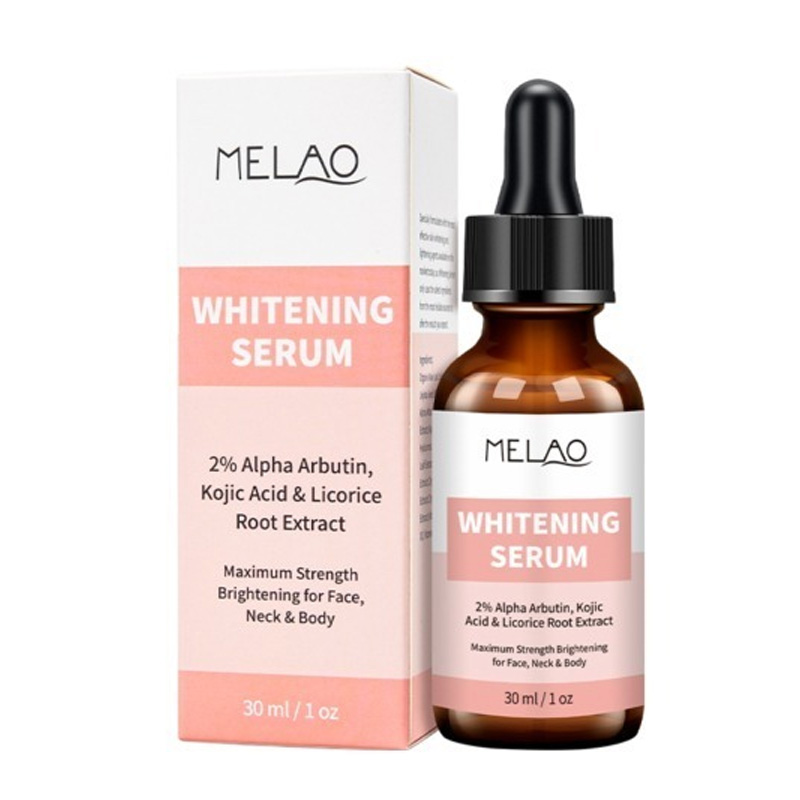
Melao 2% Alpha Arbutin, Kojic Acid & Licorice Root Extract Whitening Serum 30ml
Original price was: ৳ 450.৳ 349Current price is: ৳ 349. Add to cart -
Sale!
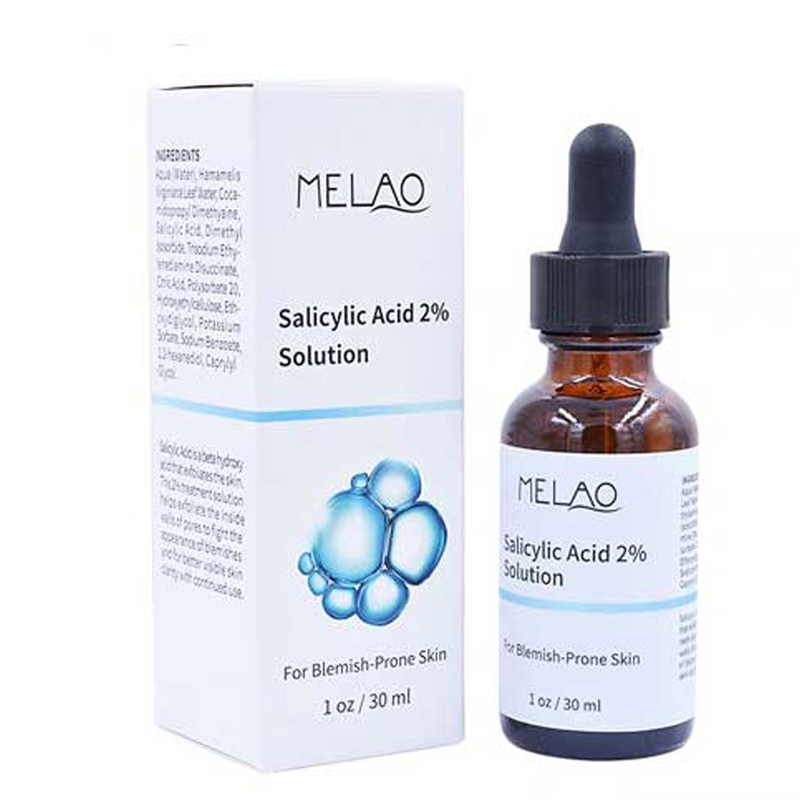
Melao 2% Salicylic Acid Serum 30ml
Original price was: ৳ 450.৳ 349Current price is: ৳ 349. Add to cart -
Sale!
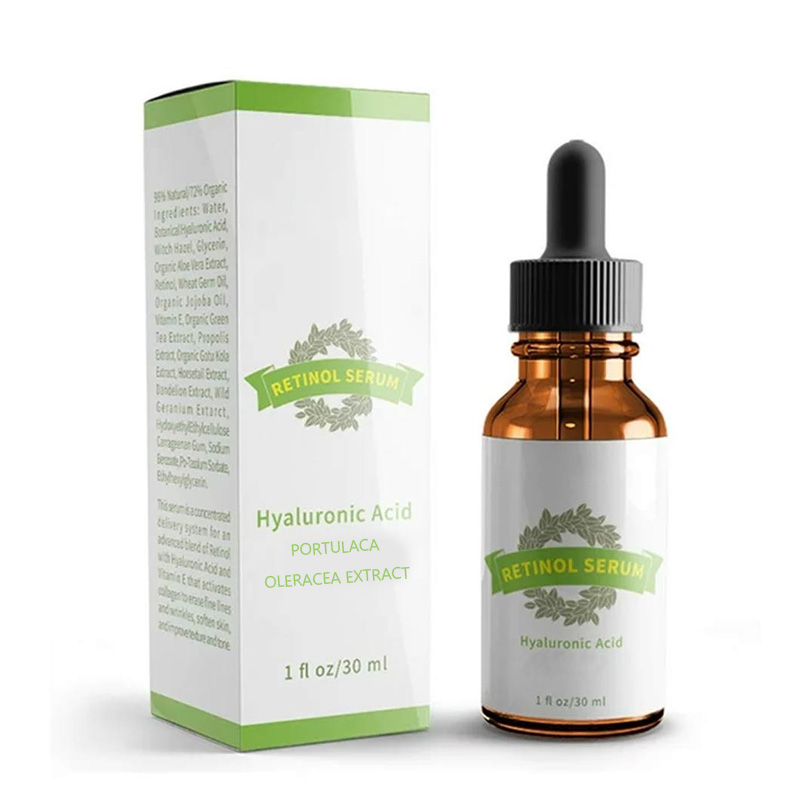
Melao Retional Hyaluronic Acid Serum 30ml
Original price was: ৳ 450.৳ 349Current price is: ৳ 349. Add to cart -
Sale!

Melao B3 5% Niacinamide Serum 30g
Original price was: ৳ 450.৳ 349Current price is: ৳ 349. Add to cart -
Sale!

Melao Naturals Vitamin C Serum 30ml
Original price was: ৳ 450.৳ 349Current price is: ৳ 349. Add to cart -
Sale!

Melao Tea Tree Clear Skin Super Serum 30ml
Acne, Brand, Combination Skin, Easy Solutions, Face, Melao, Oily Skin, Product by Skin Type, Serum, Skin Care, Student BudgetOriginal price was: ৳ 450.৳ 349Current price is: ৳ 349. Add to cart -
Sale!

Dot & Key Barrier Repair Ceramide + Peptide Lipbalm with SPF 50PA+++ (Red Romance)- 10g
Original price was: ৳ 450.৳ 380Current price is: ৳ 380. Add to cart -
Sale!
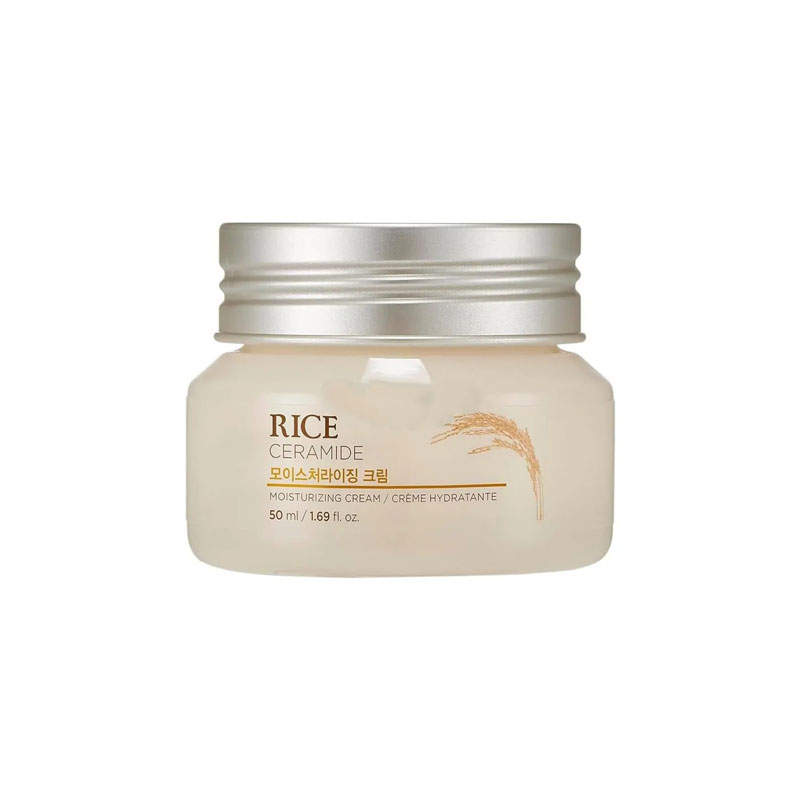
The Face Shop Rice & Ceramide Moisturizing Cream 50ml
Brand, Combination Skin, Dry Skin, Face, Moisturizer, Product by Skin Type, Skin Care, THA FACE SHOPOriginal price was: ৳ 1,480.৳ 1,150Current price is: ৳ 1,150. Add to cart -

-

-
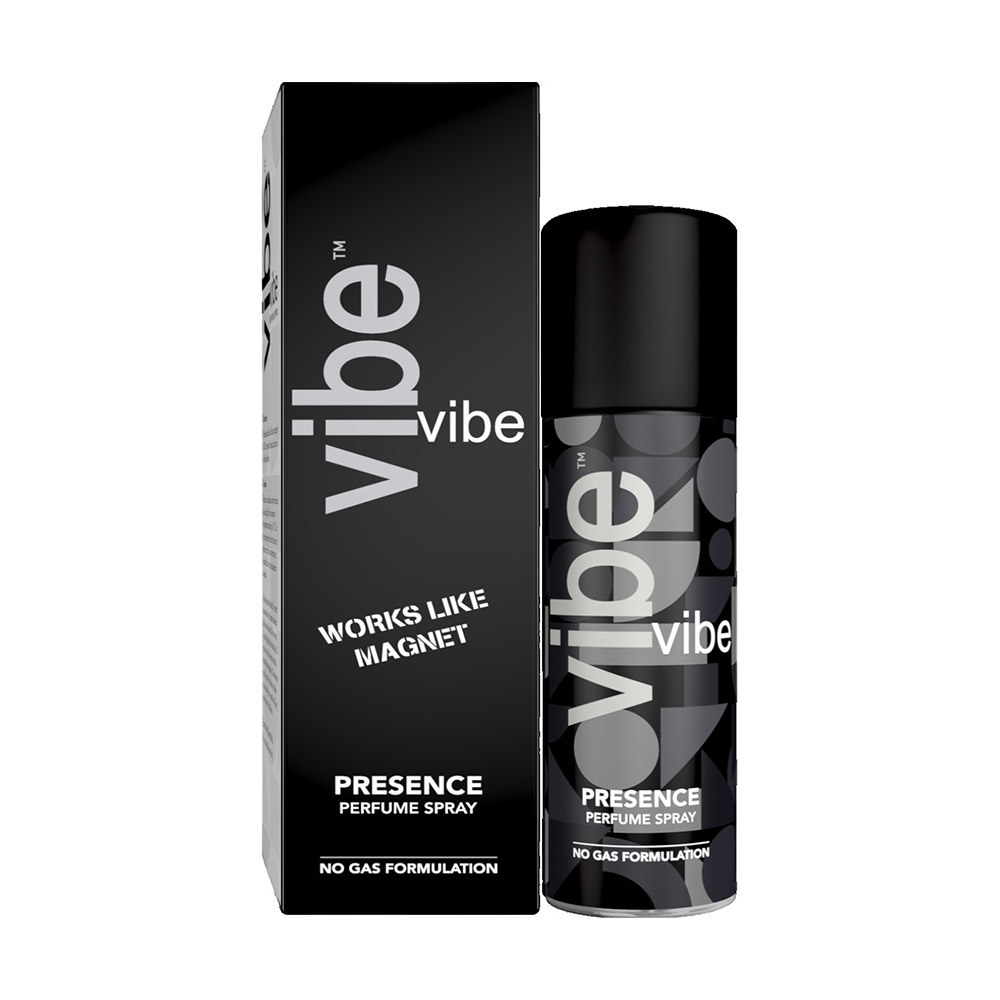
-
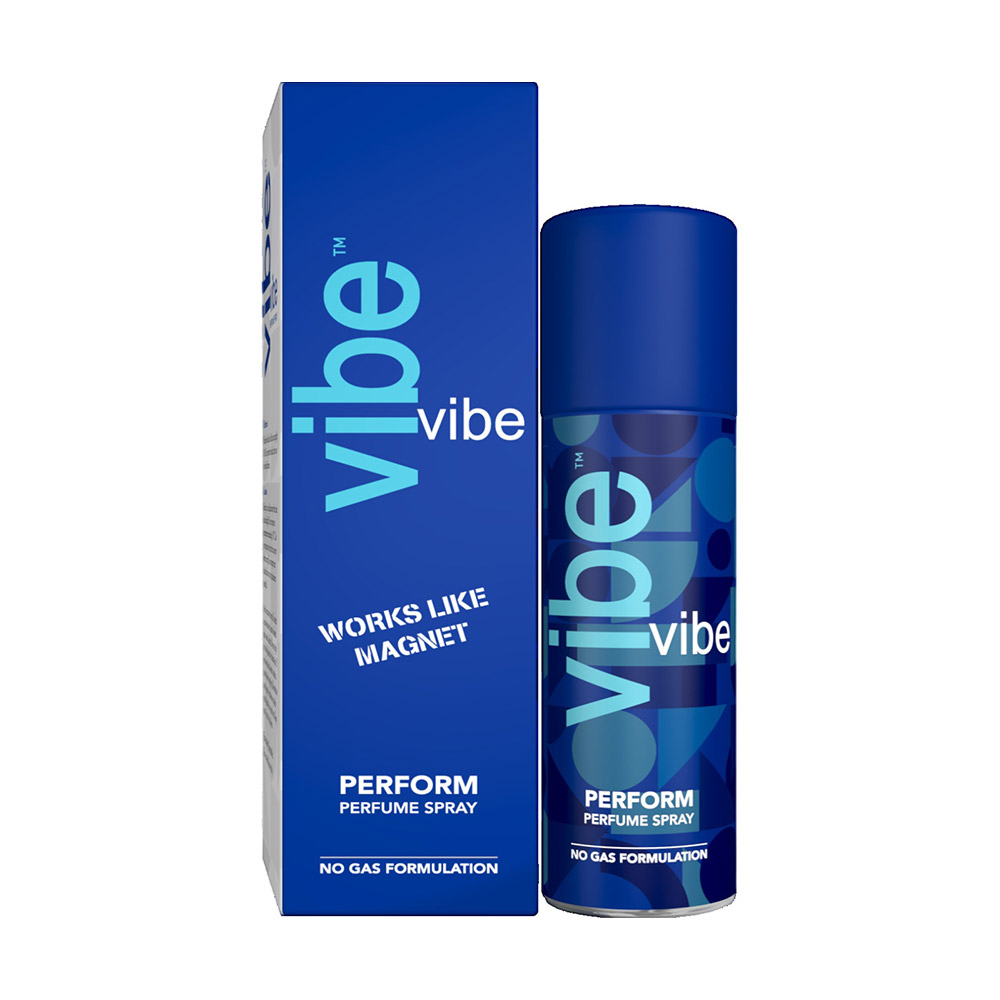
-
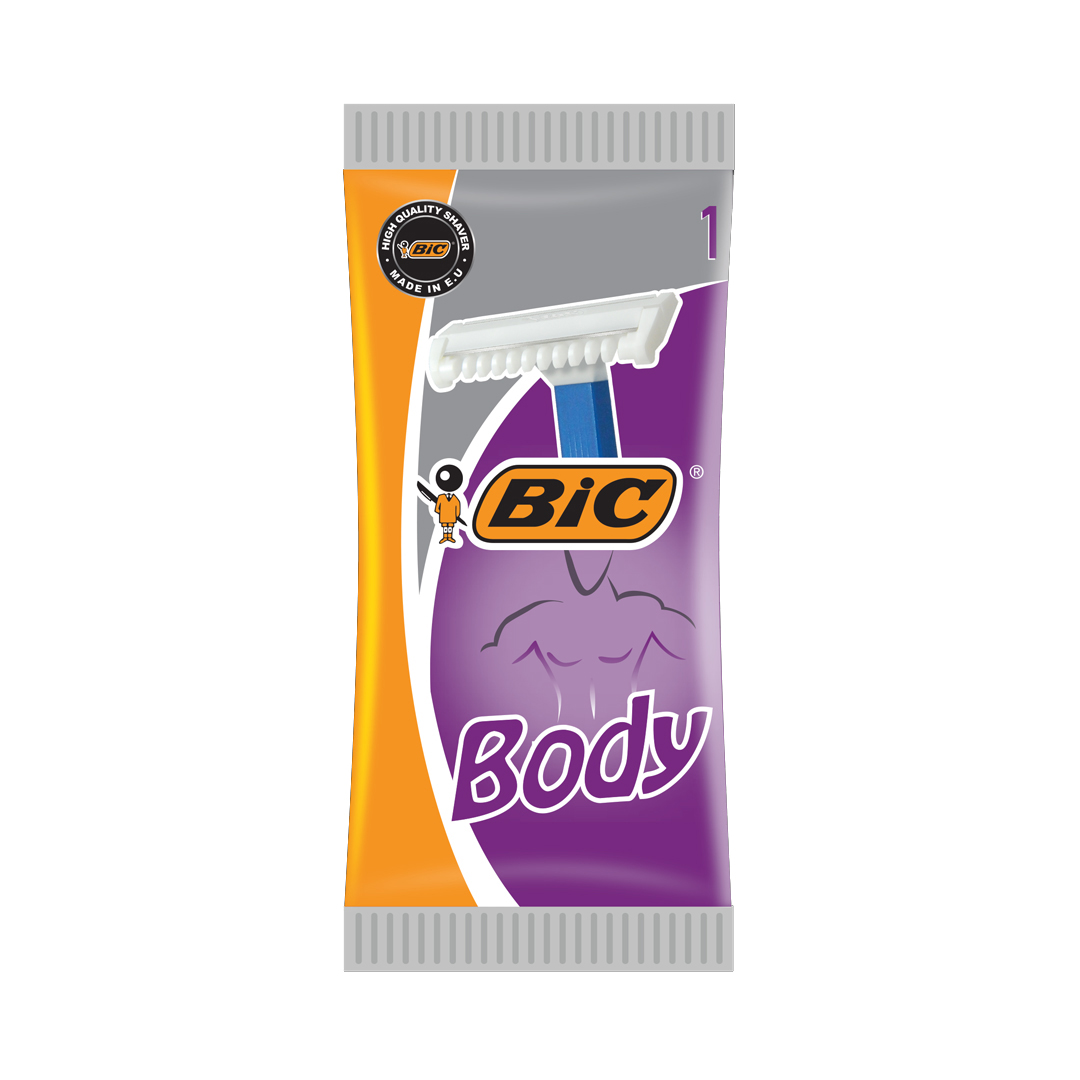
-

-
Sale!
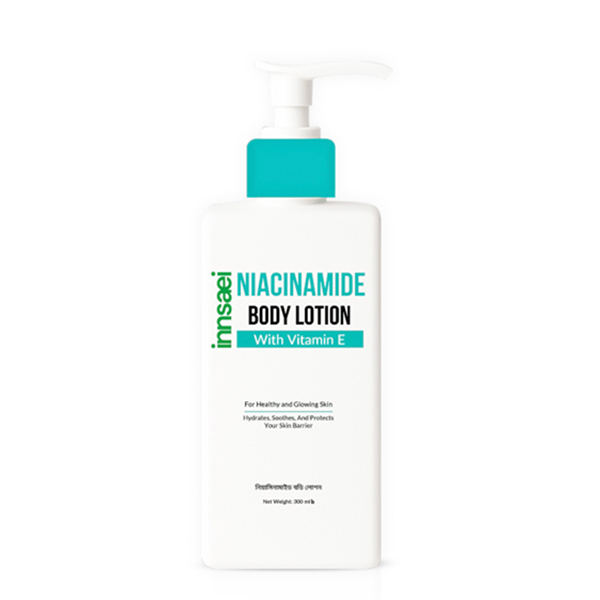
Innsaei Niacinamide Body Lotion with Vitamin E (300ml)
Original price was: ৳ 460.৳ 390Current price is: ৳ 390. Add to cart -
Sale!
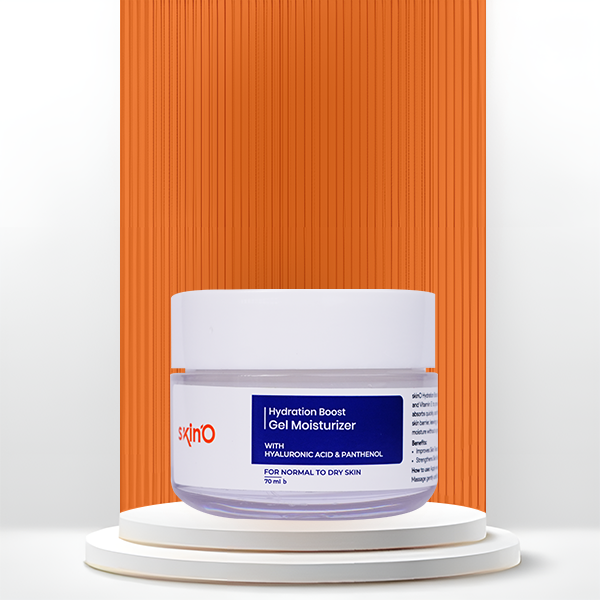
Skin’O Hydration Boost Gel Moisturizer with Hyaluronic Acid & Panthenol 70ml
Original price was: ৳ 390.৳ 349Current price is: ৳ 349. Add to cart -
Sale!
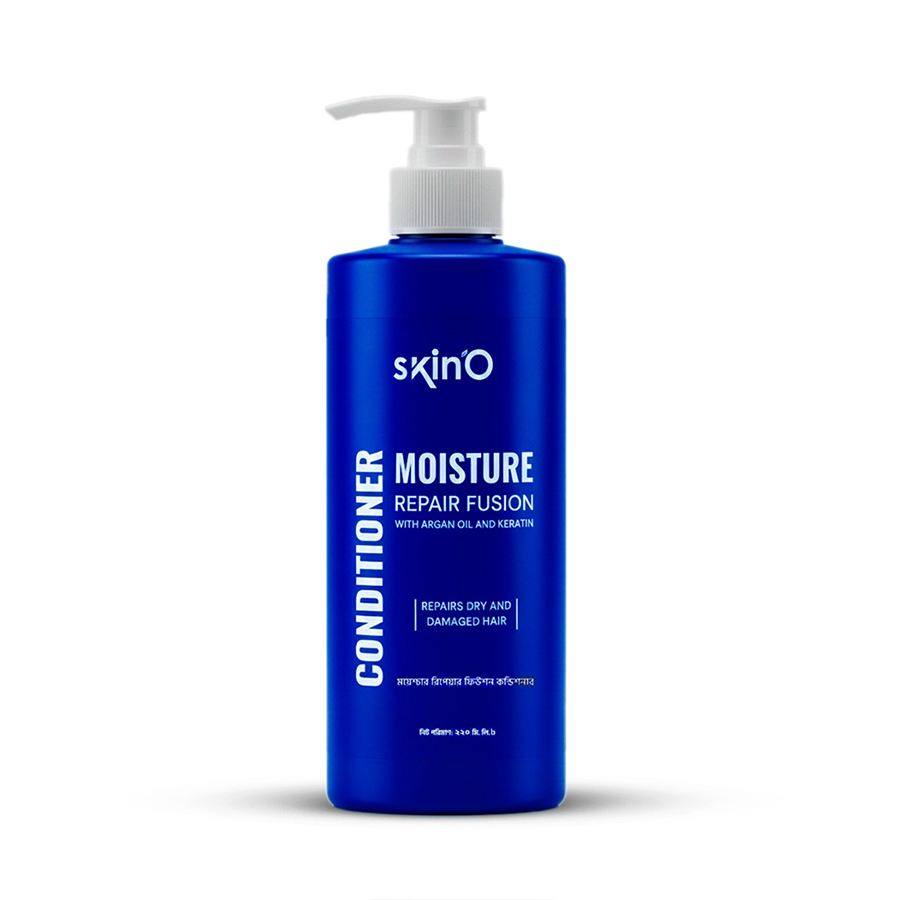
skinO Moisture Repair Fusion Conditioner 220ml
Original price was: ৳ 350.৳ 299Current price is: ৳ 299. Add to cart -
Sale!
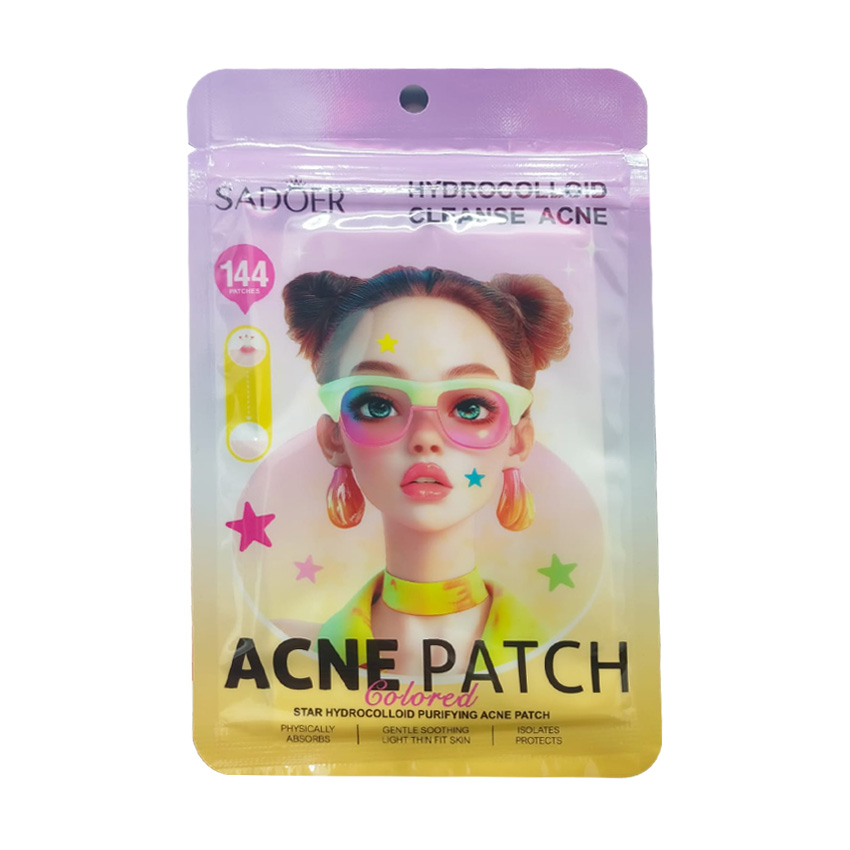
Sadoer Star Hydrocolloid Purifying Acne Patch (144 Patches)
Original price was: ৳ 350.৳ 280Current price is: ৳ 280. Add to cart -
Sale!

The Face Shop Rice Water Bright Facial Foaming Cleanser (50ml)
Original price was: ৳ 750.৳ 580Current price is: ৳ 580. Add to cart -
Sale!

skinO Herbal Hair Oil With Dragobotania Reduces Hair fall 100ml
Original price was: ৳ 290.৳ 260Current price is: ৳ 260. Add to cart
Do you recognize your skin type? You would believe that you have dry, oily, or sensitive skin. Your next visit to a cosmetics store will go more smoothly if you are mindful of your genuine skin type. Purchasing the incorrect product for your skin type can exacerbate existing acne, dry skin, or other skin issues. A regular skincare routine consists of four basic steps that you can undertake once in the morning and once before going to bed. So before you buy skin care products keep in mind these.
Kind of skin care products
- Cleansing: Always select a cleanser that does not dry out your skin after If you have dry skin as well as sensitive skin and don’t wear makeup, clean your face no more than twice a day. Washing for that squeaky-clean feeling is scary because it takes away your skin’s natural oils.
- Serums: In the morning, under sunscreen, apply a serum containing vitamin C, growth factors, or Retinol or prescription retinoids work best at night so always investing in good skincare products always wins. Makeup Artist’s Choice offers an effective vitamin C and E serum as well as retinol because those could be a game changer.
- Moisturizer: Even oily skin requires moisturizer; however, choose one that is lightweight, gel-based, and non-comedogenic, or does not clog your More cream-based moisturizers may be beneficial for dry skin. On their packaging, most brands will label their products as gel or cream.
- Sunscreen: Adapt applying sunscreen with at least 30 SPF 15 minutes before going outside, as sunscreen takes a while to power Darker skin tones involve more sun protection because hyperpigmentation is more difficult to remove.
Choose products that are suitable for your skin type and sensitivity, and always read that Certain products, such as retinol or prescription retinoids, should only be taken at night.
If over-the-counter product lines do not fix your skin problems, you should inform a dermatologist. More severe acne, scarring, or other problems may necessarily require the use of prescription medications such as oral antibiotics, birth control pills, or topical prescription retinoids. For deeper cysts or acne spots that are stuck beneath your skin, your dermatologist may perform an extraction.
Keep in mind that your skin type can impact how products work. Even if the product is natural, using it incorrectly can cause breakouts, worsen blemishes, or cause redness. The best way to determine your skin type and act according to your skincare routine on that is that. You can also take notes on product ingredients to see if any of them are causing adverse skin reactions.

